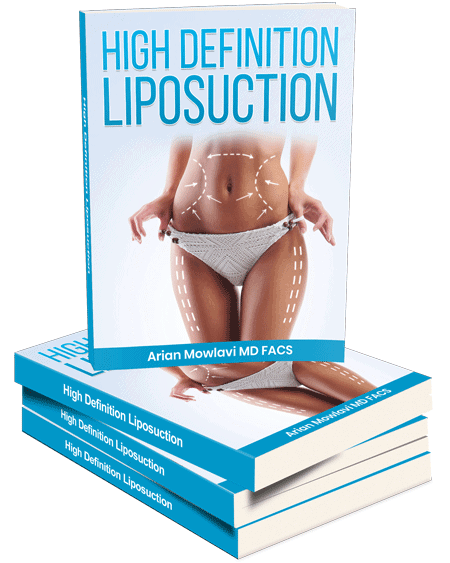

What is a blow out deformity? Blow out deformity occurs when a large volume of fat is placed in a single space that results in the fat cells not being able to establish vascularity.
Blow Out Deformity: Explained
Fat cell transfer requires the cells to become vascularized otherwise face death. When a fat cell dies, it can become prone to infection. If there is a small volume of fat cells that die, then the body will be able to remove them.
However, if there is a large volume of fat cells that die in one region, then they cannot be reabsorbed, and will subsequently create a lake of dead fat cells.
This lake will then get infected since the cells are not viable, and will create a blow out deformity. Blow out deformity refers to contour deformity created from fat cells that are reabsorbed or pus out if they become infected and cannot be reabsorbed.
The resulting deformity can be quite dramatic and should be avoided. So how do we avoid a blow out deformity?
Blow out deformity is avoided by utilizing several measures during the Brazilian butt lift fat transfer. First, the fat cells need to be transferred in small packs measuring no greater than 0.5cc each.
Another maneuver is to inject the fat cells from different directions so that they are not all deposited in a straight line fashion and in close proximity to each other. This means using multiple port sites so that the fat cells can be cross-hatched in different directions and various planes.
Surgeons who know how to avoid blow out deformities are able to visualize the buttock field in a three-dimensional manner.
Whereas the fat cells need to be positioned in small aliquots they also have to be kept out of the muscle in order to avoid a fat embolism. This means that the fat can only be injected in between a tight space between the skin and the muscle.
Using expansion vibratory lipofilling (EVL) can help increase this tight space allowing for more fat to be grafted safely. EVL is performed by using a micro vibratory cannula, called the PALS (Power Assisted Liposuction), which allows micro expansion of the soft tissue that can then accommodate a small 0.5cc of fat packages.
The final advice to patients desiring a Brazilian butt lift is to avoid overfilling with large volumes of fat transfer which is the most common cause of blow out deformity. As a general rule, avoid volumes greater than 1000cc per buttock mound cheek.
In summary, appropriate surgical technique and being conservative with buttock volume fat grafted will help you avoid a blow out deformity.
Please see this 26-year-old female who had a maximized BBL while avoiding a blow out deformity.


